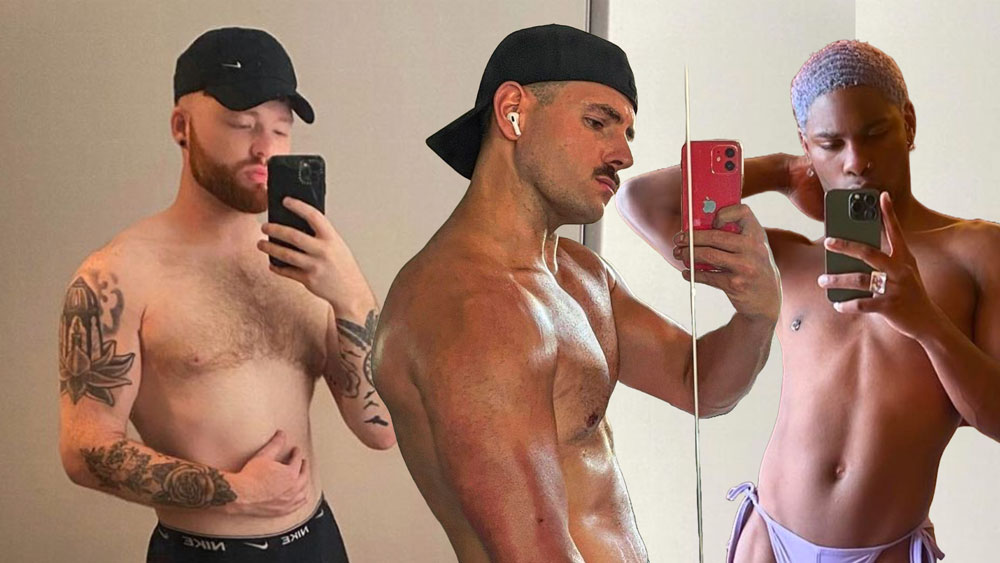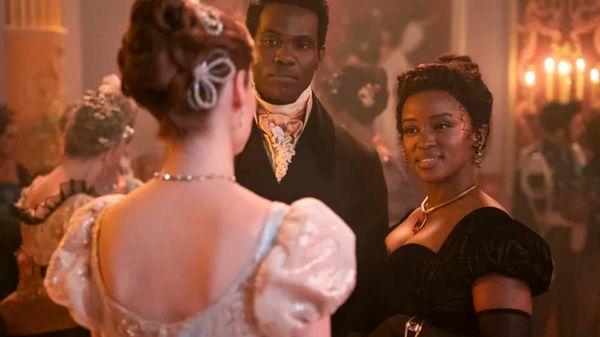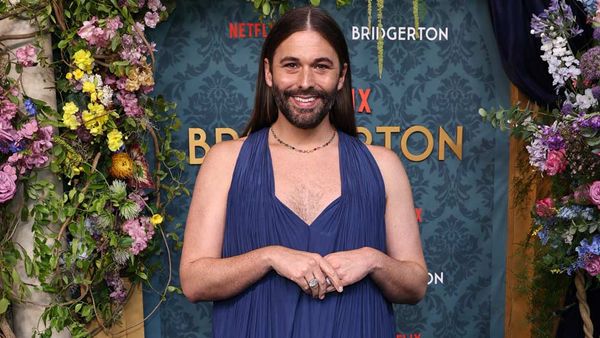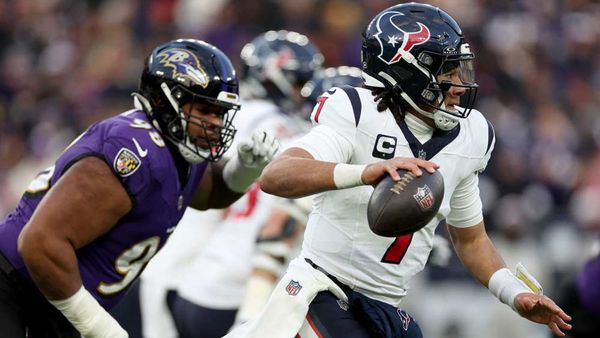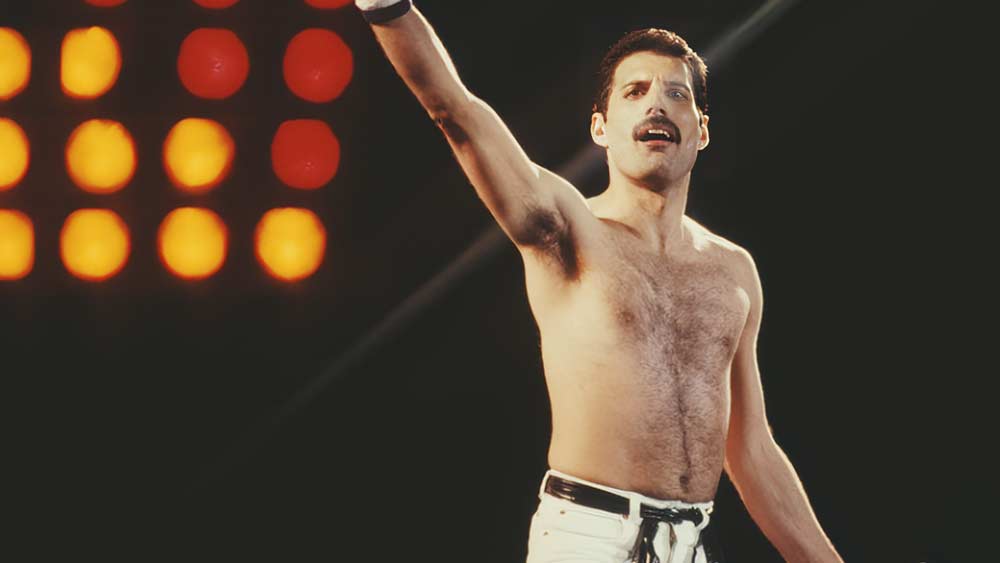
Jun 21
Watch: Freddie Mercury Would Have Been 'Upset' to be Called Queer, Queen Bandmates Tell Adam Lambert
Kilian Melloy READ TIME: 2 MIN.
Out singer Adam Lambert got a deeper understanding of queer musical icon Freddie Mercury, a founding member of Queen, from Mercury's bandmates Roger Taylor and Brian May in a new documentary, "Adam Lambert: Out, Loud & Proud," which aired on British channel ITV on June 19.
Pointing to how the LGBTQ+ community has reclaimed onetime slurs, May said that calling Mercury "queer" back in the 1980s and earlier would have been insulting – and, he suggested, beside the point – to the famously bisexual singer.
"Queer was a word you wouldn't want to use" back then, May told Lambert in the doc, Pink News relayed.
"I would never have used it to Freddie," May went on to say, "and he would have been upset if we had."
Added the guitarist: "He would've said: 'I'm not queer, I'm normal, darling', because 'queer' meant odd and weird."
Even now, May went on to say, "It's hard for us to talk about Freddie as a queer musician," because Mercury would have responded to that characterization by saying, "'I'm a musician darling. That's all I want to tell you'."
Among other insights into the "Crazy Little Thing Called Love" and "We are the Champions" writer that Taylor and May shared were recollections that Mercury had not wanted to tour the U.S. because of anti-gay stigma there.
Taylor offered an example of America's homophobia, saying, "The most obvious is MTV not playing the video 'I Want To Break Free'," which, the drummer explained, "was meant to be a parody of a very famous soap opera in the UK."
The video featured the band in drag as they dressed like characters from the long-running soap "Coronation Street." It was the drag element that got the video banned from MTV, American Songwriter notes.
Plus ça change!
Mercury's bandmates – now Lambert's as well, since Lambert became the band's lead singer twelve years ago – had more to share, saying that the States resisted the band's music while they scored massive hits in other countries. May said that Mercury had declared – correctly, May said – that the band would not return to the top of the U.S. charts until after the singer's death.
Mercury died in 1991 of AIDS-related complications. He was 45.
Interviewed himself on ITV before the doc aired, Lambert reflected on the exchanges seen with Rogers and May, saying, "I think getting to sit down with Brian and Roger was really special. Because we've had so many of these conversations in private."
Lambert went on to say, "I've gotten to know Brian and Roger over the last decade, they are such lovely human beings and allies," Attitude relayed. "They've always supported and loved Freddie, and they knew about who Freddie was from day one and they loved him unconditionally."
Added Lambert, "It was really nice to have that safe space and I'm really honored they felt comfortable with me and open to talk about their experience with Freddie and his experience as a queer man in a time where it was a taboo thing to talk about publicly," Attitude shared.
"I really love that they trusted me with that conversation. I'm really honored that they wanted to chat with me about it."
Watch the doc below.
Kilian Melloy serves as EDGE Media Network's Associate Arts Editor and Staff Contributor. His professional memberships include the National Lesbian & Gay Journalists Association, the Boston Online Film Critics Association, The Gay and Lesbian Entertainment Critics Association, and the Boston Theater Critics Association's Elliot Norton Awards Committee.
